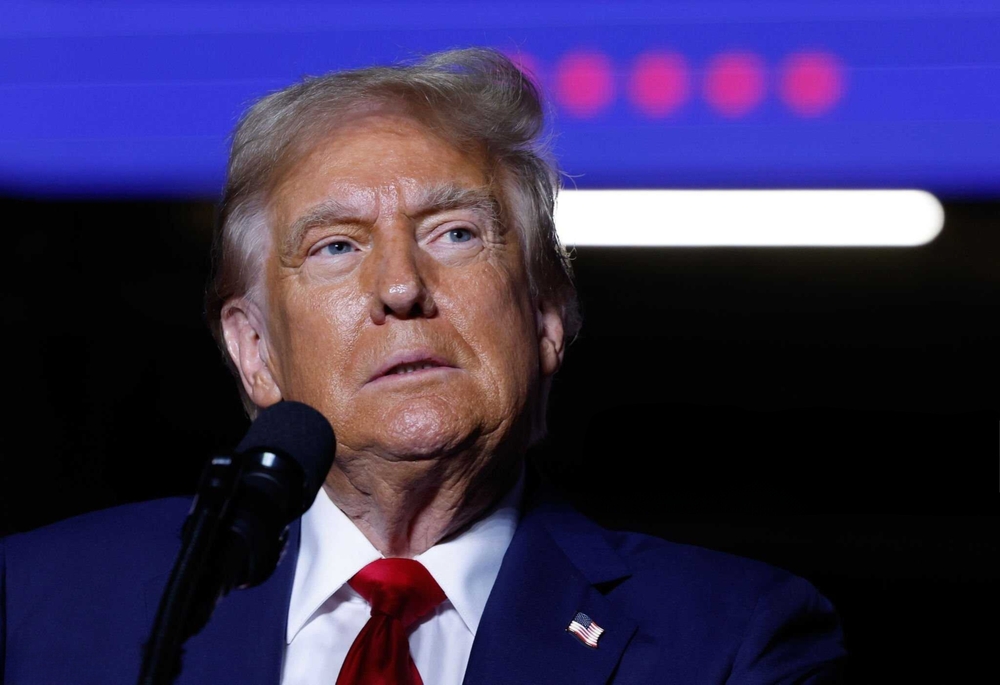The new trade measures will hit European automakers hard, with tariffs set to take effect in April and possibly increase within a year.
Others are reading now
U.S. President Donald Trump has announced a sweeping set of tariffs targeting key European industries, including automobiles, semiconductors, and pharmaceuticals.
The new levies, set at 25%, will come into force in early April, with Trump warning they could rise further over the next year.
Impact on the Auto Industry
The auto sector is expected to be among the hardest hit. According to elEconomista, approximately 8 million cars and light trucks were imported into the U.S. last year, accounting for nearly half of total vehicle sales.
Major European manufacturers, such as Volkswagen, as well as Asian brands like Hyundai, are particularly vulnerable.
Also read
Trump did not clarify whether the tariffs would apply to all imported vehicles or if certain countries, such as Canada and Mexico, might be exempt under existing free trade agreements.
Broader Economic Consequences
The announcement has already sent shockwaves through global markets. Asian stock exchanges saw declines as investors reacted to the news.
Economists warn that the tariffs could lead to higher prices for consumers and increased costs for automakers operating in the U.S.
Beyond the automotive sector, the semiconductor industry could also face disruptions.
Countries such as Malaysia and Singapore, which rely heavily on chip exports, are among those most exposed. Meanwhile, European officials are preparing to negotiate with the U.S. in an attempt to prevent the tariffs from taking effect.
Despite these concerns, Trump has signaled that he is unlikely to back down, insisting that these measures are necessary to balance trade relations.
With tensions rising, the coming weeks will be crucial in determining the future of U.S.-European economic ties.








